|
By Manuel Players: 1 Platforms: Nintendo Switch Originally releasing on the PlayStation 3 way back in 2012, Mugen Souls is a JRPG that's filled with far more "anime nonsense" than most other games on the market. I'll get to what I mean by that later on in the course of this review, but the important thing is that it recently got an updated re-release on the Nintendo Switch that was published by EastAsiaSoft. It's this version that we're going to be looking at today, and it's notable for not only including all the previously available DLC, but also for being completely uncensored. I'm quite familiar with the original game, having played it back when it first released, so this is going to be an interesting stroll down memory lane. There's a lot to cover in this one, so let's dive right in! The plot of Mugen Souls is surprisingly complicated and roundabout, so I'll try to keep my explanations brief and succinct. The Undisputed God of the Universe, Chou-Chou, has recently decided to make the entire universe her peons, and she sets out with her companions Altis and Ryuto to see this mission to its illogical conclusion. Chou-Chou isn't just talk though, as she possesses the ability to make anyone or anything her peon. She does this by appealing to their base desires, and Ryuto is an example of this skill in action as he is her most loyal peon. Seeing as one has to actually desire Chou-Chou in order to fall for her charms, it's revealed early on that she's able to take on eight different forms that cover a variety of tastes. These forms change both her looks and personality, and are all based on anime tropes. You may have noticed that I've used the word "peon" quite a bit, and that's no accident. The game seems to drop it in every other line, and even uses it in all sorts of puns. ("You're going to peon me?" being my personal favorite.) Much of the game consists of Chou-Chou travelling to new planets, and focusing her skills on not only the land itself, but also against the local Hero and Demon Lord. These two archetypes basically rule each planet, and bending them to her will essentially makes her the planet's ruler. Said Hero and Demon Lord usually become new party members, and the cycle continues until all seven of the planets are conquered. There's quite a bit more backstory of course, especially for each of Hero and Demon Lord, but that's best discovered by players themselves. Then again, most of it isn't really all that interesting to begin with. One unfortunate aspect of Mugen Souls is its rather thin story. Things move very fast, and the game is quite eventful, but nothing really bears weight story-wise. Saying that the plot is "silly" sounds very flippant, but it's the best word I can think of to describe it. The best comparison I can make is that each chapter of the game feels like a filler episode of an anime. It's not bad, and can even be quite enjoyable, but there's no depth to it at all. There's also quite a bit of ecchi content that will probably rub people the wrong way. A weak story might not be a deal-breaker for everyone, but the constant references to stuff like peeping on girls, forcing them to wear bikinis, and being attracted to younger-looking characters might be. I don't want to make it sound like these things shut me out of the game completely, but I will admit that I've grown far less accepting of these sorts of things compared to when I was a lot younger. I mention that because as I said earlier I played this game way back in 2012/13, and I remember even then being a bit creeped out by its content. I'll move on from this topic now, but I'm sure it's not going to be the only time I bring it up. Calling Mugen Souls a JRPG is a bit of a misnomer, as it only bears superficial resemblance to the genre as a whole. There is turn-based combat and inventory management, but neither of those really factor into the core gameplay. I'm going to get into it more in just a second, but the combat system has a million small elements that make it anything but basic, and there's still a lot I don't understand regarding the inventory system itself. Discussing combat would literally make this review into a multi-page affair, so I'll just outline the basics. Combat isn't random, as you can see each enemy out in the field, and the battles themselves take place in a separate 3D arena. Each character has a turn order that can be adjusted by speed and skills in a way similar to Final Fantasy X, and are able to move, attack, defend, or use skills during their turn. If several characters are near each other they can perform Link Attacks in place of their standard ones. These play out in little cutscenes that I pretty much always skipped, but can be quite devastating. There are other advanced tactics like using skills to bounce one enemy into another, or going after each battle's big crystal to take out all enemies at once. There's lots more I can get into, but it just gets more complicated from there. I never bothered with anything above basic attacks unless the game forced me to, and it made me realize that much of Mugen Souls' gameplay is far too complicated for its own good. You'll go through literally dozens of tutorials that explain the combat system to you, and these will happen right up until about the mid-point of the game. That's not only ridiculous on its own, but those tutorials continue in just about every other aspect of the game too. Nothing in the game is intuitive, and the tutorials are often very unclear. There are some aspects of the game that I can't even begin to explain because I never understood them myself. This was indeed a problem I had with the game years ago too, and playing it this second time helped nothing. There's so much being thrown at you that it feels so overwhelming that you'll most likely go the route I did and just start ignoring things. The weird thing about Mugen Souls combat being so complicated is that combat itself doesn't really matter at all. Unless you're facing off against a boss, or something you simply have to defeat outright, you're going to always want to attempt to perform a Moe Kill to make all the enemies into your peons. This is also something far too complicated to fully explain in the context of a review, but I'll once again try my best. In short, peons allow you to become more powerful, especially in terms of the ship you use to travel in space. I won't go into details about this aspect, but each chapter of the game begins with a ship-to-ship battle, and the amount of peons you have directly affects how powerful Chou-Chou's ship is. They also affect other things, but you get the point I think. The only real way to get peons is by transforming each monster you face off against into one. This is done by performing a "Moe Kill". Moe Kill basically involves changing into the form suitable to each enemy, and then hoping that the RNG work in your favor. RNG is brought into the mix because you can change into the proper form, but not get the correct options needed. For example you might be trying to be a Sadist, but all you’re getting is the option to say a crybaby-related line. Moe Kills have to be done to each enemy, but you can also Moe Kill the big crystal in each battle to make everything your peon all at once. This all sounds easy, but it definitely is one of the most annoying aspects of the game. Not only is there the RNG factor mentioned already, but only Chou-Chou can perform this action. That means that the rest of your party will be sitting there doing nothing. It honestly feels like this wasn't thought out very well, but I guess that can't be helped. And in case you're wondering if the Moe Kill system can fail, yes it can. If you accidentally excite a monster in the wrong way, you can frenzy them and make them more powerful. As if this all wasn't complicated enough. I mentioned that Chou-Chou actually seeks to make the land itself her peon too, and that's also by way of the Moe Kill system. Each of the seven planets is broken up into several smaller maps, and these all have ten Moe Kill spots that have to be taken in order to bring the land under your control. You actually don't need to take all ten, but you do get a bonus for doing so. These operate similarly to Moe Kills in battle, but the correct forms needed are delivered by way of hints. Let me back up a bit and mention some odd quirks in the naming of these forms. I'm not sure if it's wonky translation or what, but I think "Bipolar" is meant to be "Yandere", "Ego" is meant to be translated as just an attack form, and others like "Terse" are far too vague. This confusion doesn't help when the hints can be quite cryptic. When a spot on a map says it "Wants to be scolded", what do you think that even means? There are times when I tried the same thing over and over again, and one time it'll just work when it failed before. That's actually thanks to another annoying thing about this system. Even if you're in the right form, enemies and moe spots have a mood that can change how they react to certain actions. This can negate everything you know about Moe Kills, and makes the entire system feel very pointless. If it sounds like I didn't enjoy this aspect of the game, that's because I didn't. That's extremely unfortunate though as it literally is the single biggest gameplay element to be found in Mugen Souls. Getting a chuckle out of the occasional peon joke will only get the game so far. Even though the game has some cool elements like ship battles and an entire Disgaea-like weapon upgrade system (Which is fun on paper, but felt too complicated for me.), much of the game takes place in a handful of big maps. There are no towns, buildings, or even many NPCs to interact with. The only shops worth mentioning are the ones found on Chou-Chou's ship, and every other area in the game is an empty field only populated by monsters. A JRPG with no overworld isn't a new thing by any stretch, but there's so little here that I'd even call a "world". This makes for a somewhat bland experience, that's thankfully helped out by the fact that the game moves very fast. Even though Mugen Souls seems dead set on confusing new players, it's actually a fairly easy game. If you let all the DLC unlock, you suddenly have very strong late-game equipment that makes the game very trivial. Even without using the DLC, there isn't really a lot of challenge to be had. I never once felt in danger from a random encounter, and was able to simply keep progressing through the game without needing to ever grind for anything. Grinding admittedly is a thing if you're trying to get the best ending and such, but I didn't bother with it. I guess what I'm trying to say is that I'm at a loss as to how to rate my experience with the core gameplay loop. On one hand it was fast-moving and fun at times, but the minutiae was often boring or even annoying. I guess there's something to be said about they're being a middle ground, but that's just adds one more aspect of the game that I'm rather meh on. Okay, it's time I talked about the elephant in the room: the content that is available in this version that was censored on the original PS3 release. As far as I can tell, most of the censored content revolves around the bathing minigame that bestows HP (and I think stat?) bonuses when completed. This minigame is not required to play or enjoy the game, and I admit that I only tried it out a handful of times for the purposes of this review. Maybe if I had seen this game in the original release when I was a lot younger I wouldn't have minded it as much, but now I find it very questionable at best. Basically you bathe each of the girls and scrub their body until you remove the soap blocking their... unmentionables. Let me say right now that these scenes do not include any nudity, and all the girls are actually wearing bikinis in the CGs, but it doesn't make the whole minigame any less weird. I'm not one for censorship at all, so I'm glad that this content was restored, but this kind of content is not for me at all. That actually goes for quite a bit of the ecchi content in this game, as much of it involves a very young-looking, under-developed character in the form of Chou-Chou. Obviously you can get away with the "No, but wait! She's actually 1000 years old!" or whatever, but let's be real for a second and acknowledge what's actually going on here. This content is meant to be titillating, and I personally didn't care much for it. Going back to that minigame, my honest first reaction to it was: "I see why this was censored...", and part of me wonders if this game should've been localized at all. I'm not judging anyone who enjoys this content, or anyone who runs out and buys this version because of it, but I wanted to make it rather clear that there were quite a few bits of the game that stuck out as creepy to me. Strangely enough, the minigame is voiced, and that makes me wonder if there was a time when it was meant to be included in the PS3 release. And just in case you're thinking that I'm overreacting, this version of the game is actually banned in Australia and other countries due to its content, so it really isn't just me. I just went on a bit of a rant regarding some visual aspects of the game, and I guess I might as well continue that here. Let me start by saying that I'm not really a fan of the art style used in Mugen Souls. It's sort of chibi with touches of western comic book styling, and everyone just looks like a more petite version of what you'd probably think they would be. I just went over the fact that there were a lot of things that creeped me out about the game, and part of that is thanks to its art style. I don't want to get back into that, so I'll just let it stand that I think the character designs are something of an acquired taste. The bigger problems with the visuals have to be the lack of variety in the worlds themselves, and the rather uninspired monster designs. If you had told me that every asset in the game was re-used from something else, I'd believe you. Nothing stood out to me at all during my time with the game, and I never really got over how empty the worlds always were. You rarely see many on-screen representations of anything characters, and so much of the game is made up of the 2D art that I already mentioned I didn't care for. There honestly just isn't a lot to see here. Yeah you can change the clothes of your characters, and Chou-Chou's forms are quite different from each other, but the visuals really made it hard for me to continue to be invested in some of the game's more annoying areas. This was actually a problem I had with the original PS3 release too, and at least this version fixes the many performance issues that release had. The fact that the game can't be bothered to draw NPCs that are plot-relevant to the game just strikes me as lazy, and I don't think I'm being too over the top in calling the game out for it. You may notice a trend so far in that I have mixed feelings on nearly every aspect of the game. Thankfully I do think that streak finally stops when discussing Mugen Souls' sound and music. The game opens up with a very out of place idol number that made me think that this was going to be a game where the characters randomly put on pop concerts. While that turns out to not be the case at all, the music is still great in spite of this. I loved every single track of the game, and actually already own the soundtrack on CD from that original PS3 release. Then there's the voice acting, which is surprisingly good for a dub that was recorded over ten years ago. I know that the dub is only from 2012, but I've ranted many times how dubs from the first decade of the 2000s are extremely hit or miss, with many having aged quite badly. I'll admit that the latter point still holds true here, but it's not as bad as one would probably get from a contemporarily released anime. Interestingly enough, friend of A-to-J Connections Kira Buckland, takes on the role of Chou-Chou. This wasn't something I was aware of prior to doing research on the game for this review, but it was a pleasant surprise. That doesn't sway my thoughts on the game's sound, as I thought very highly of the dub long before making that discovery, but I felt it was interesting enough to mention here nonetheless. My only complaint with the sound has to be the many sections that are left unvoiced. It's not that I expected every single line of dialogue to be dubbed, but which scenes were left silent seems to be completely random. And rest assured that "silent" is the right word to describe them. There are no typing sounds, no random one word dialogue bits that most games use to hide undubbed sections, nothing like that at all. Just silence. It makes for a jarring experience, and is my only negative in this particular discussion. While beating Mugen Souls will probably only take you about 25-30 hours (At least that's what it took me way back on the PS3.), getting to see everything will easily double that. There are multiple endings, lots of optional sections and cutscenes, and even a New Game+ mode. There's quite a bit of content here, and that doesn't even count all the DLC present in the current Switch version. Some things, like maxing out equipment, makes them game feel somewhat overwhelming at times, but one can at least rest assured that they'll be getting their money's worth if they decide to pick this one up. Speaking of which, at the time of this writing one can pick up Mugen Souls for $39.99. That's quite a fair price all things considered. While some may balk at spending a price similar to its original PS3 release over a decade later, I think there's more than enough content here to justify its price point. Part of me does wish that it probably hit lower at $29.99, but that's just the broke gamer in me being extra. Even though I ultimately didn't care for the restored content, this IS the only way to play Mugen Souls uncensored, and it runs far better than the original version. I guess that makes this the definitive release of the game, and that has to count for something. I'm at a loss as what I should say regarding recommending Mugen Souls. It's not a game for everyone, and even I was put off by some of its antics. It has some really creepy elements, and the humor is only really going to land to a certain type of player. It helps if you're an anime fan, but there's so much more to it than that. If you like playing obscure JRPGs, or if you simply must play every Neptunia game that's released, than Mugen Souls will probably fit right in with your collection. If you're looking for a standard JRPG experience, then you might want to look elsewhere. This is a game that can very easily become someone's favorite game, or one that they want to get angry about online, but I can at least say that it's by no means unplayable or bad. Pick it up if anything I said intrigued you, or just get Paper Mario instead if you think it'll offend. You'll be set either way! See you in the next one! Check Out Mugen Souls on Nintendo Switch: https://www.nintendo.com/us/store/products/mugen-souls-switch/ Story: C Gameplay: C Graphics: C Music/Sound: A Value: B Overall: C+ Pros: + A very nice re-release of a cult classic JRPG. + The censored content from the original release has been restored, and all the performance issues of the original have been fixed. + The music and voice acting are both on point, and the cast features A-to-J buddy Kira Buckland. + Features all the DLC from the original release, including some weapons and items that make the game's difficulty trivial. + There's quite a bit of content here, and even a New Game+ mode for the completionists. + Even though I found most of the gameplay elements to be confusing or unnecessary, I have to admit that they are unique. + This might not be the game for me, but gamers who want a bit more ecchi in the JRPGs will most likely find something to enjoy here. +/- Due to the overall content, especially when much of it revolves around a character like Chou-Chou, I can't help but wonder if this game should've been localized at all. Cons: - The story is very thin, and there are a lot of creepy elements to it that I never really was able to come to term with. - While I'm pleased that this version is uncensored, I can't help but cringe and wince at the inclusion of a bathing minigame. - There are literally dozens and dozens of tutorials, and the gameplay is a total mess. - The Moe Kill system is central to the game, but it feels quite broken and unintuitive. - I personally was not a fan of the art style, and I was taken out of the game every time a scene would play out unvoiced. - Art style aside, the monster designs are bland, and the game world is very empty. It consists of only a handful of dungeon-like screens with nothing in them. A copy of this game was provided to us free-of-charge by the publisher for the purpose of this review. This did not affect our review in any way.
0 Comments
Leave a Reply. |
Search
Contributors◆ Angie
◆ Emily ◆ J.D. ◆ Janette ◆ JT ◆ Manuel ◆ Nestor ◆ Rose ◆ Sylvia ◆ Teepu ◆ Tiffany ◆ Winfield Archives
July 2025
|
© 2014-2025 A-to-J Connections. All Rights Reserved.

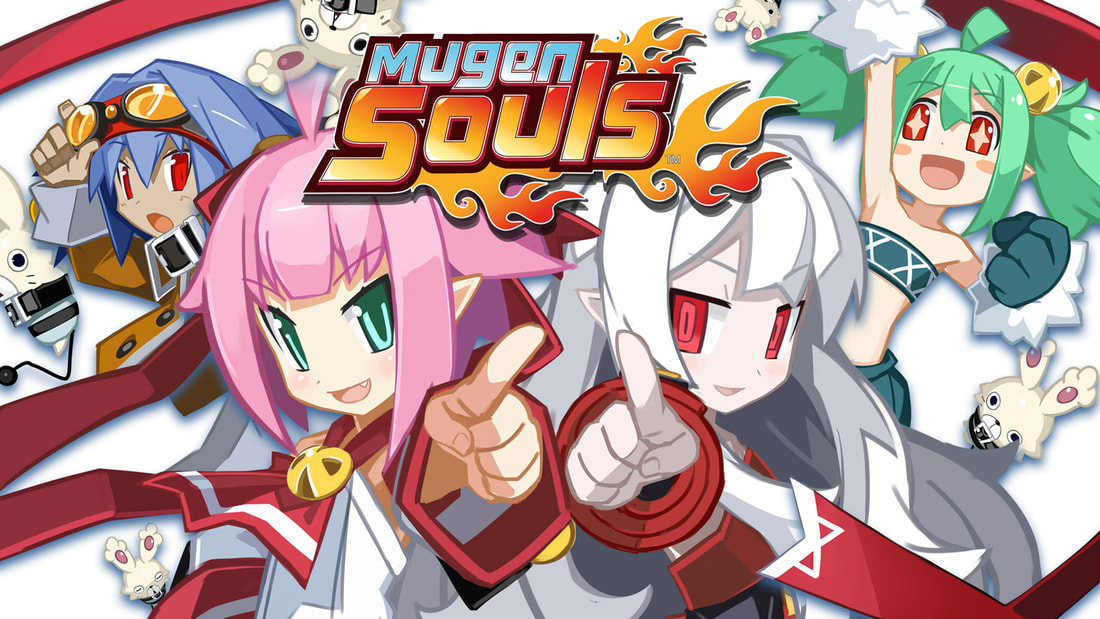
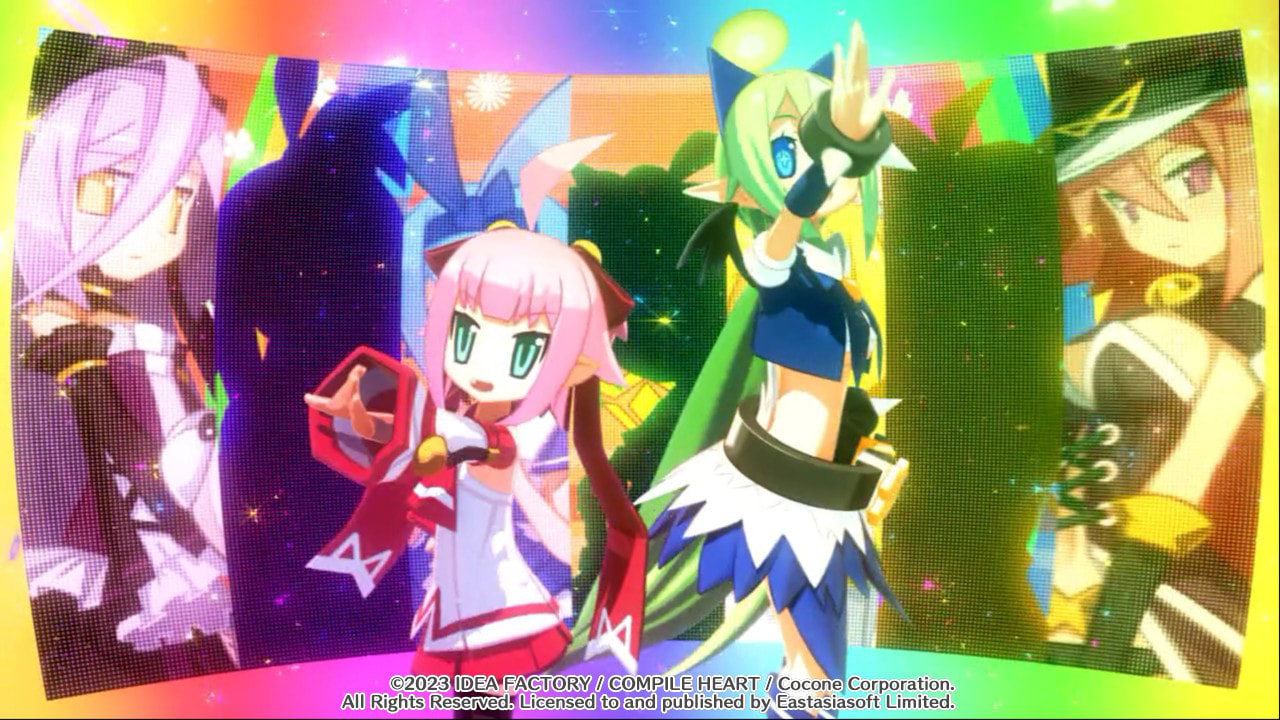
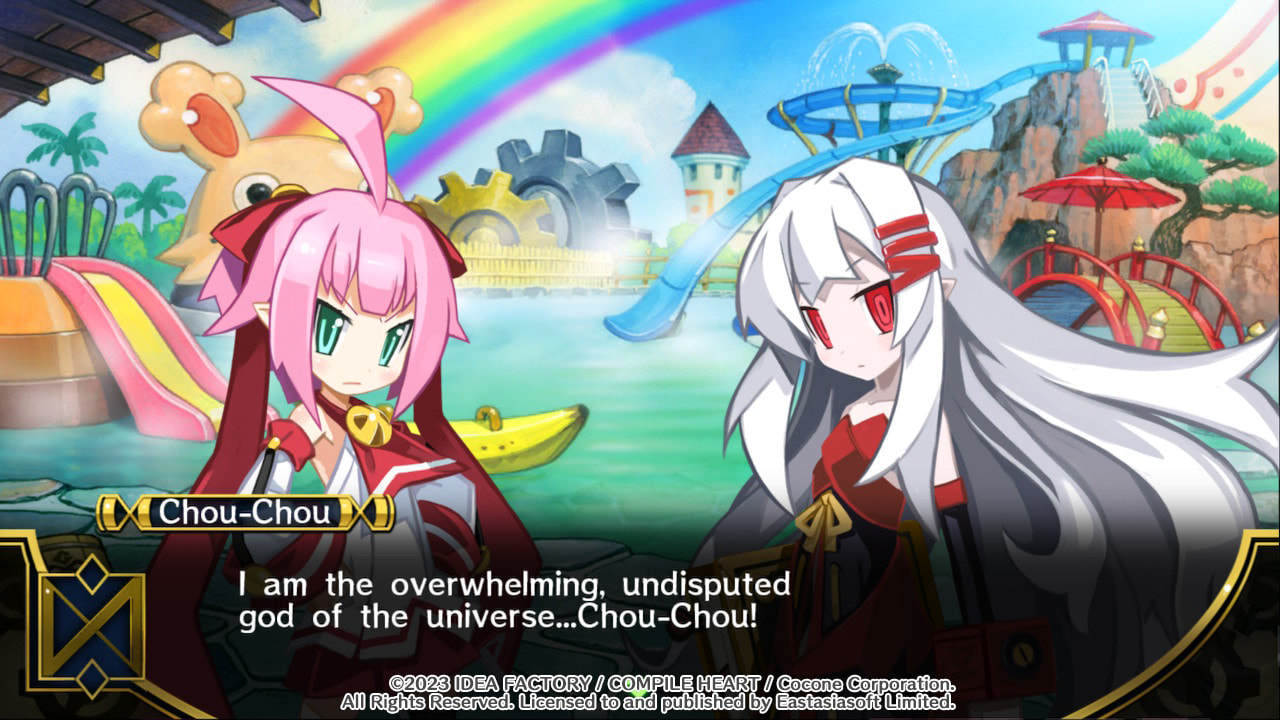
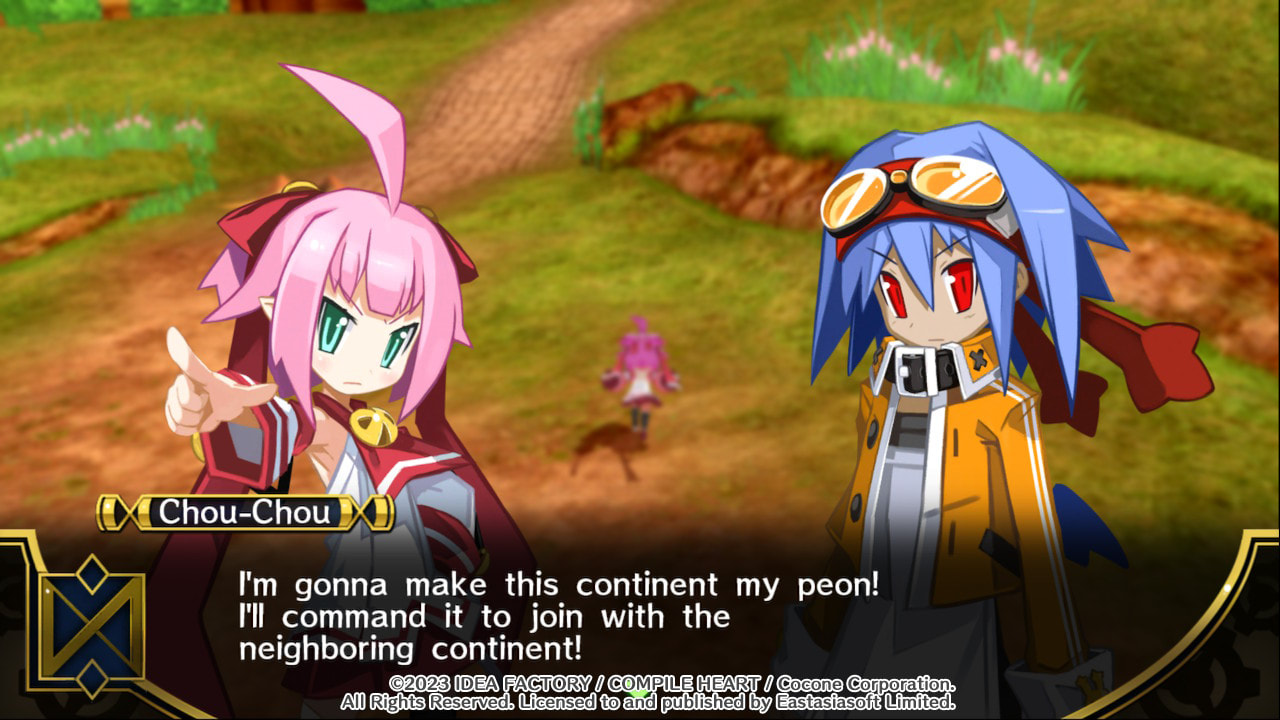
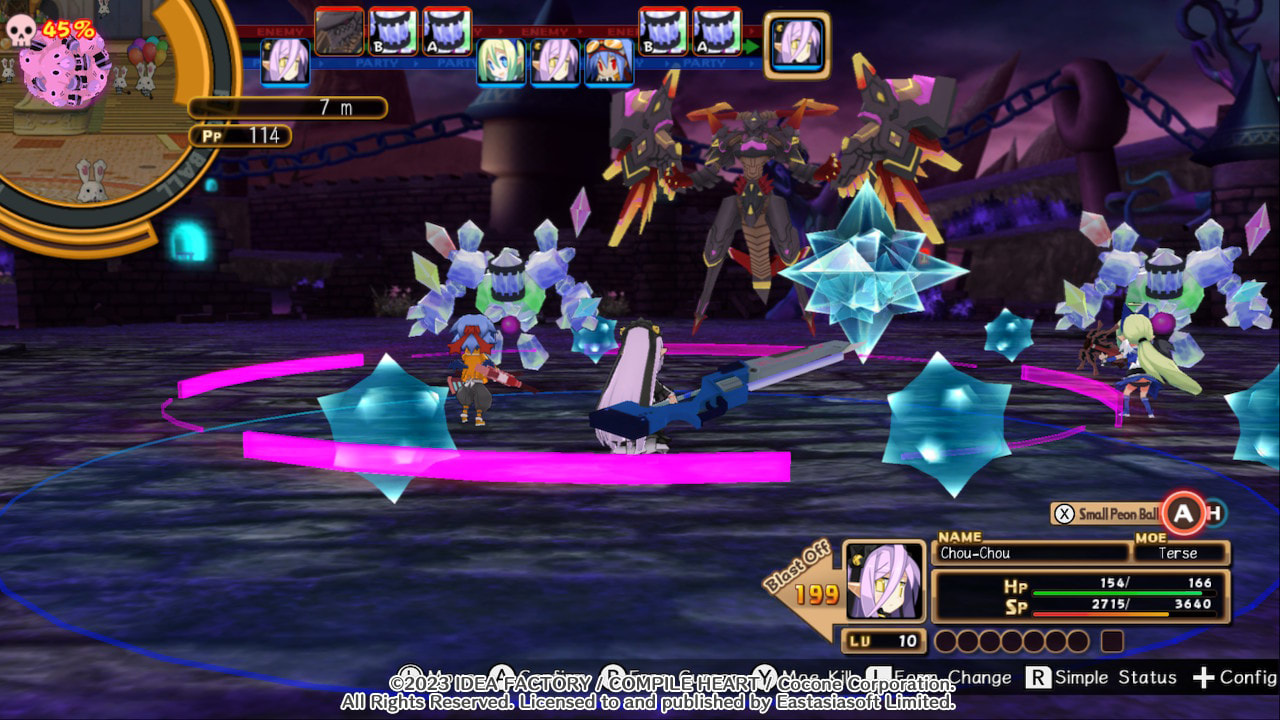
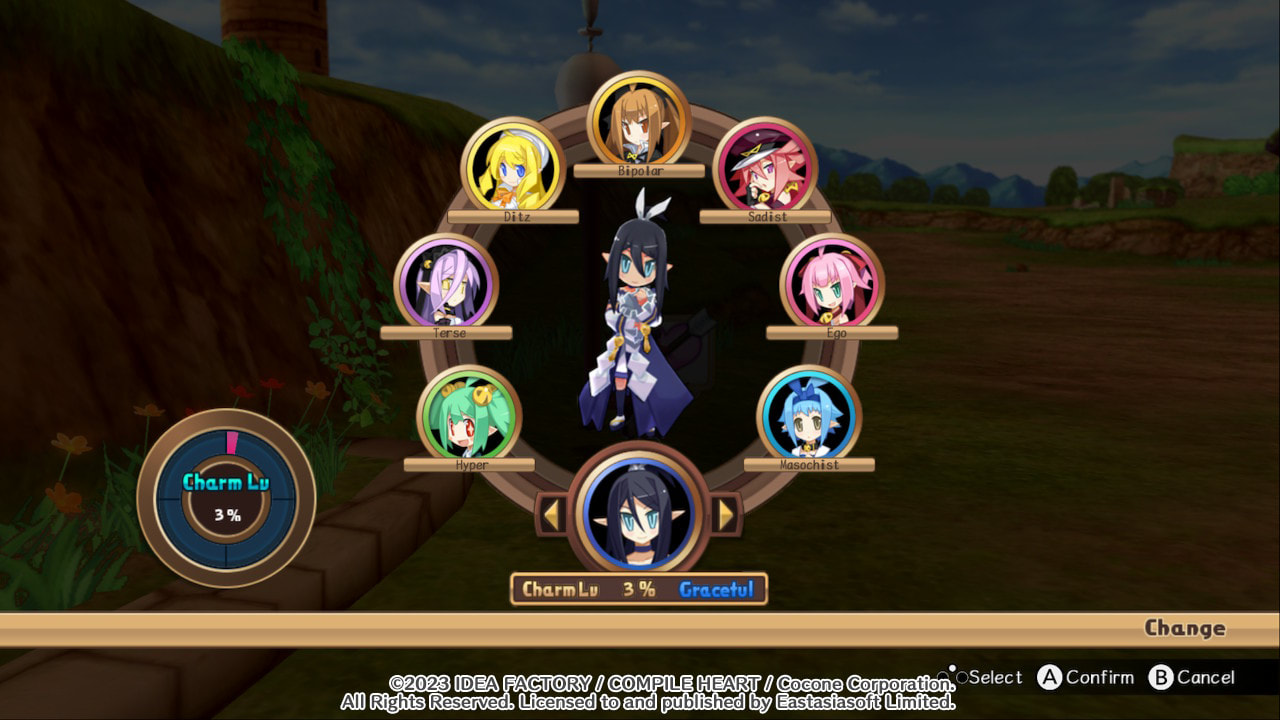
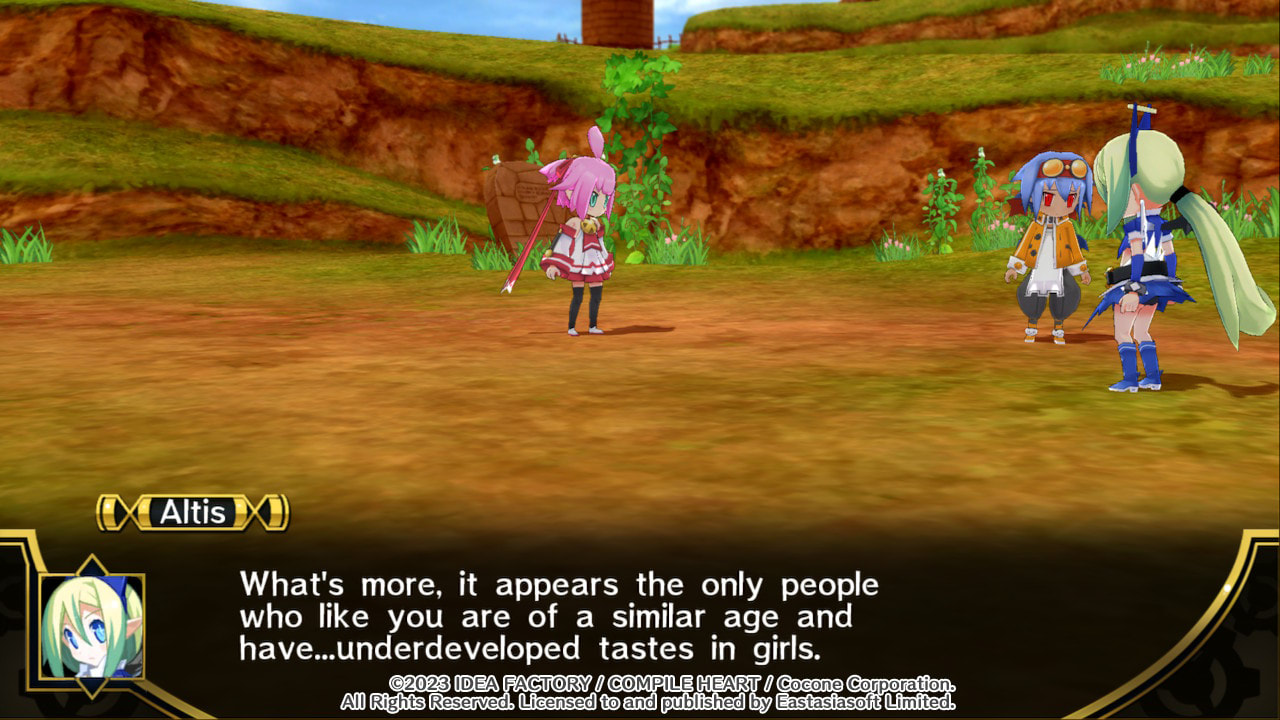
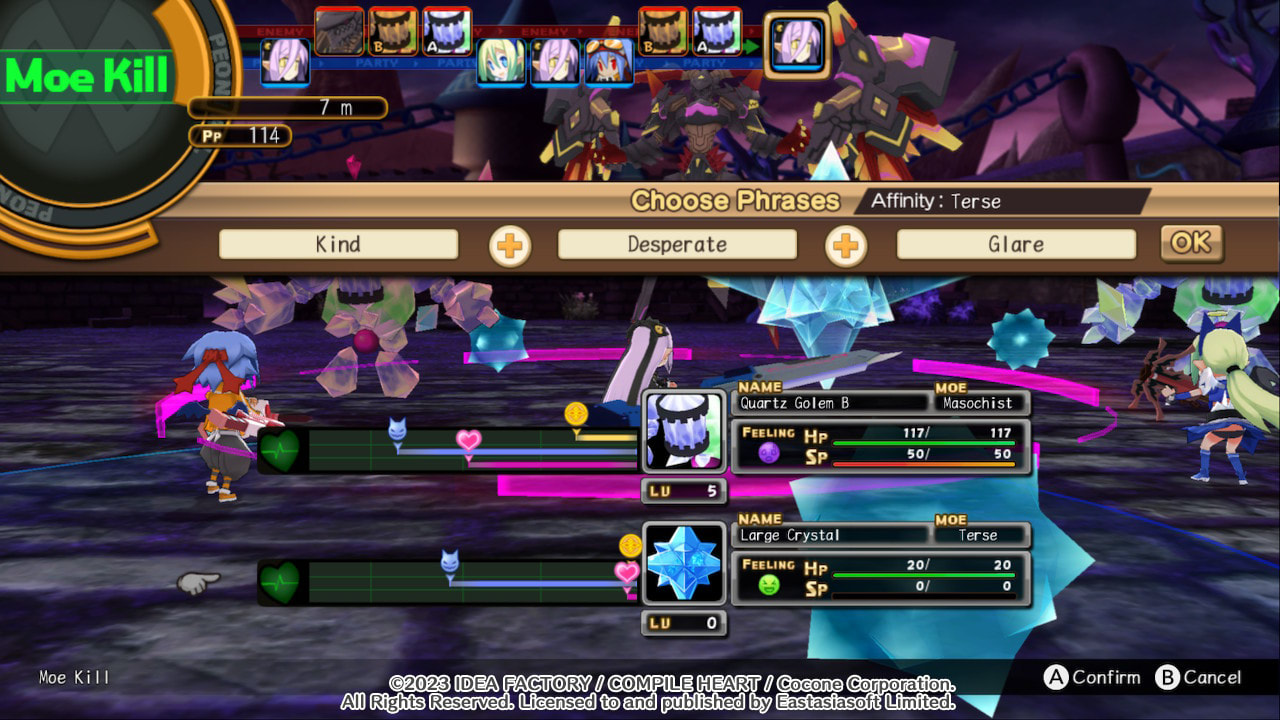
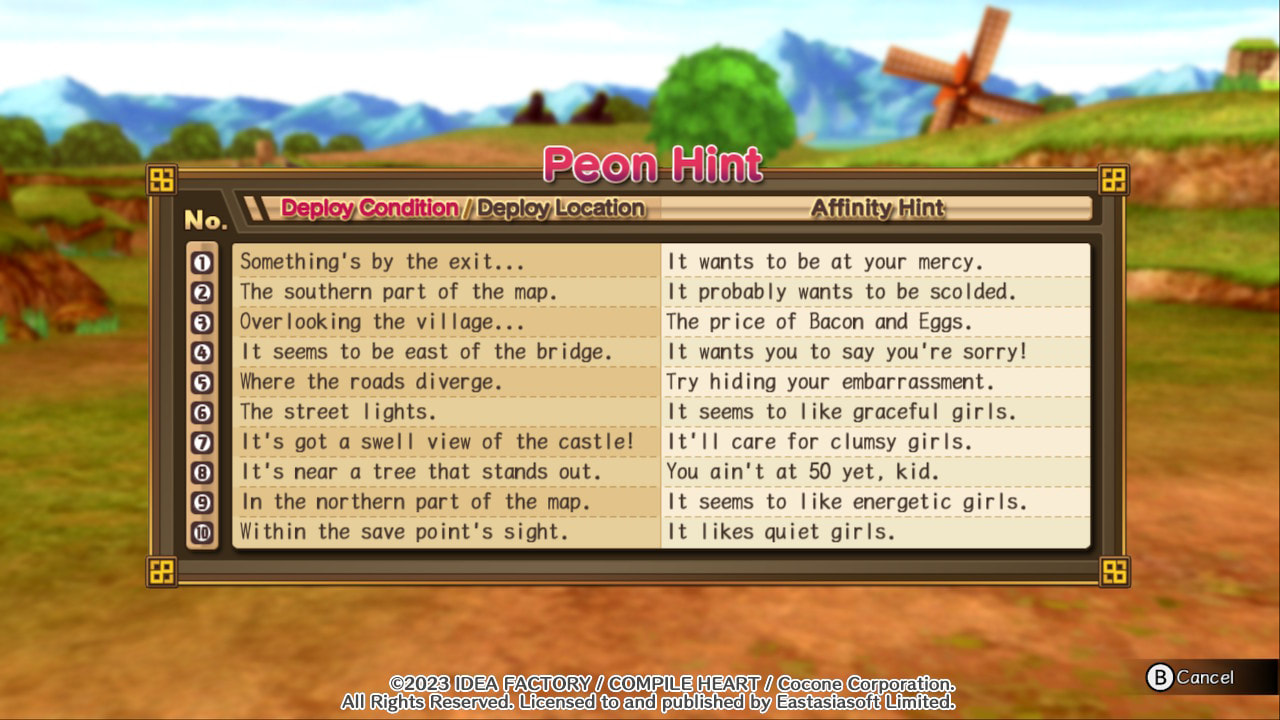
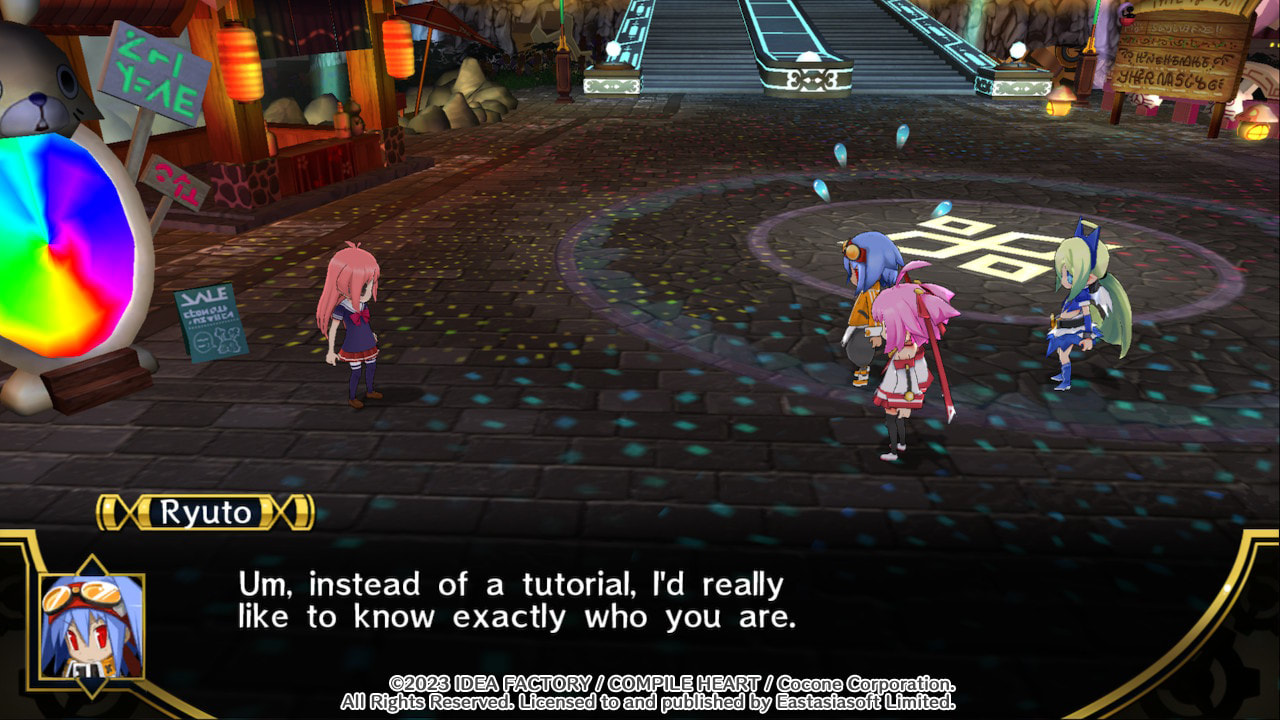
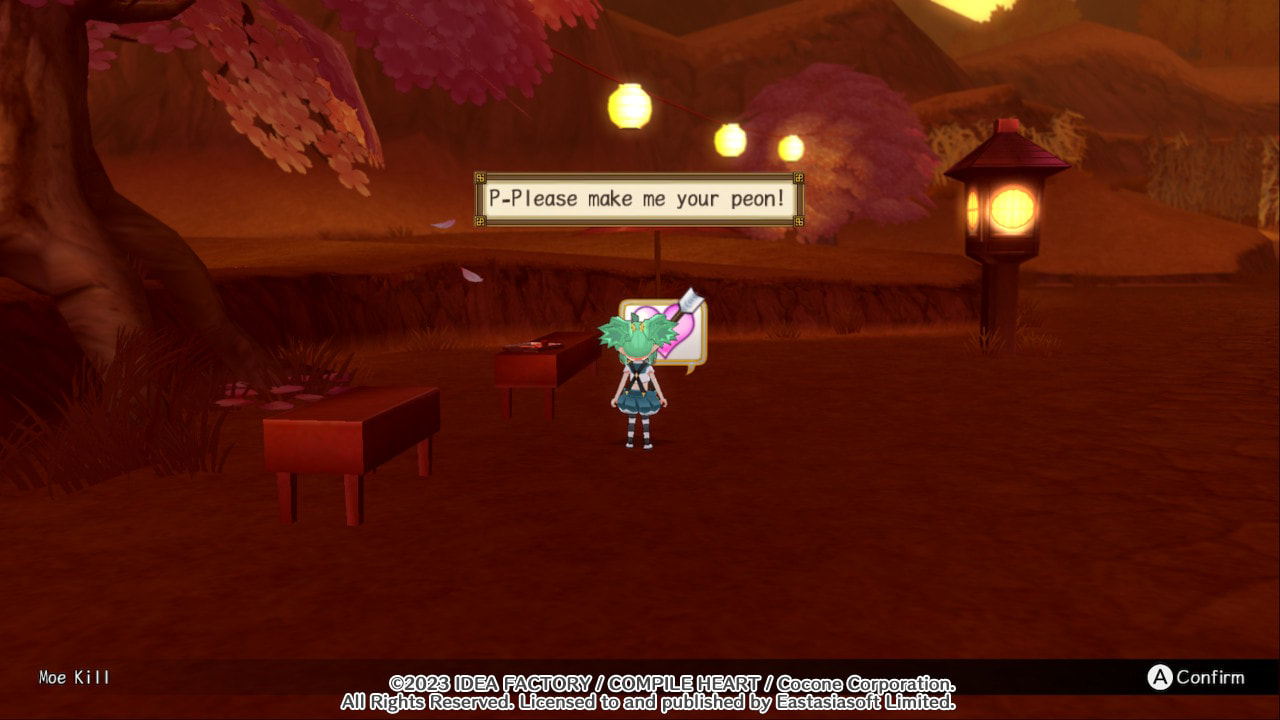
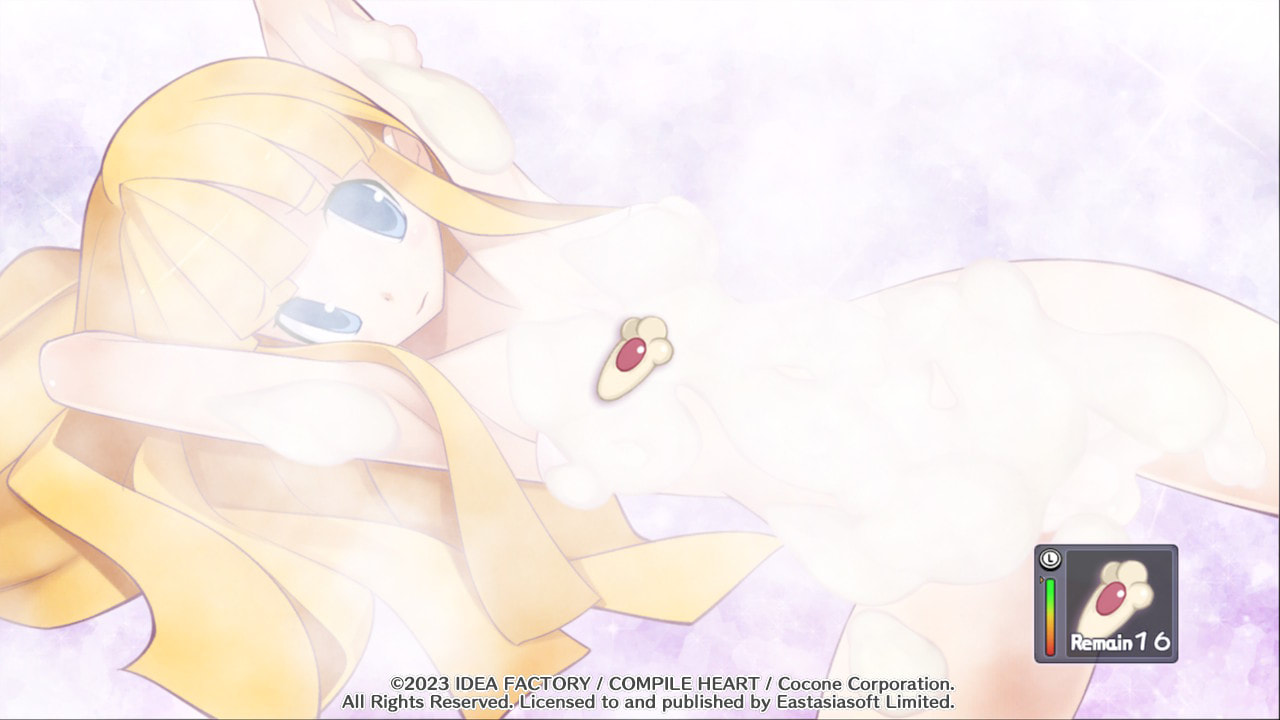
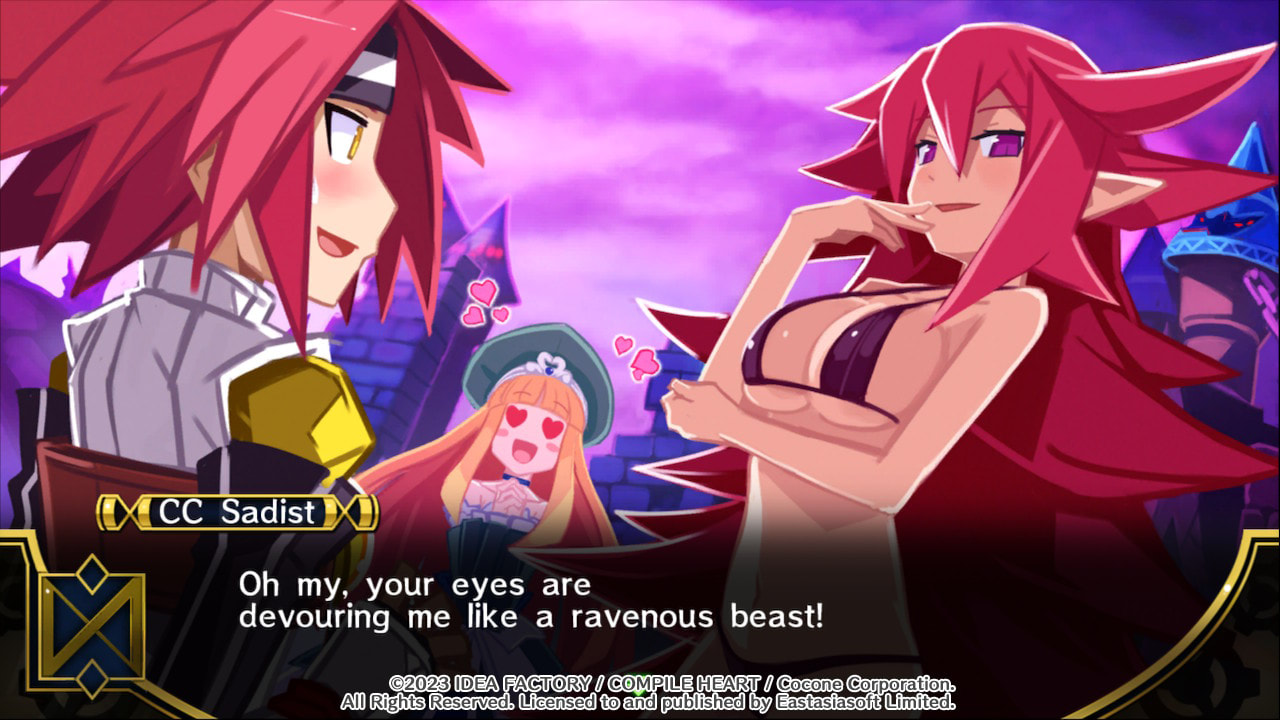
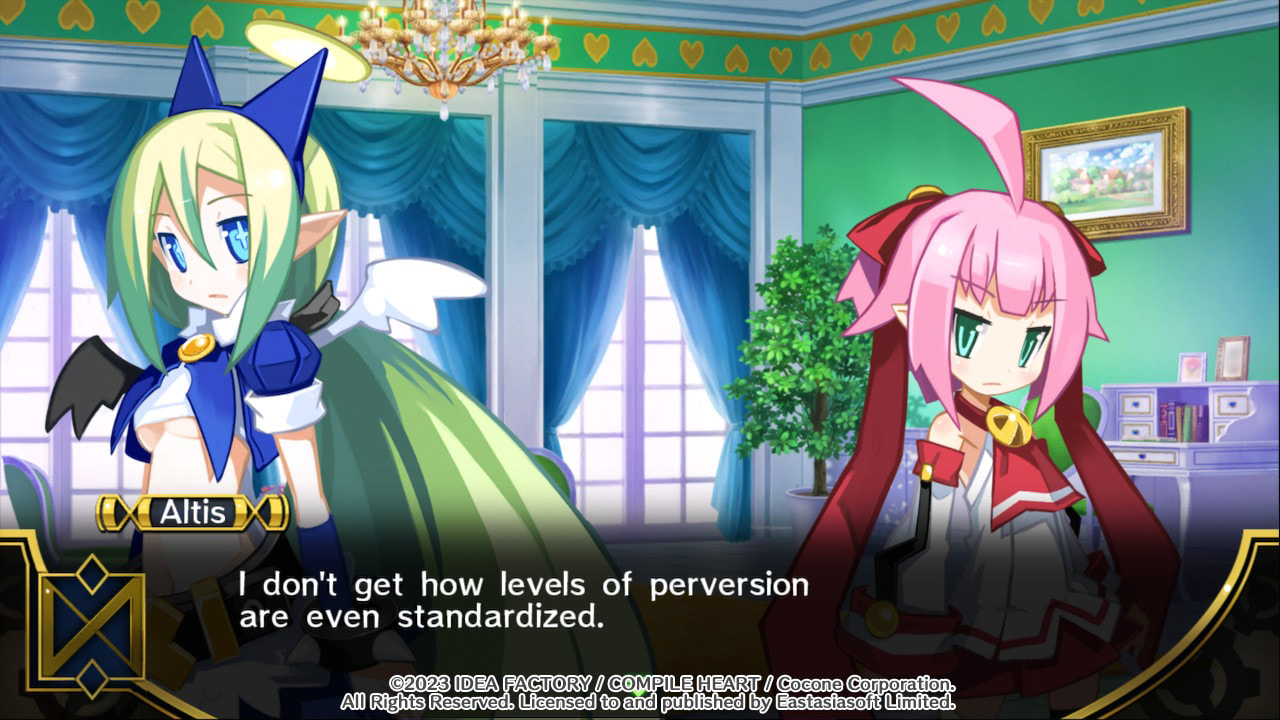
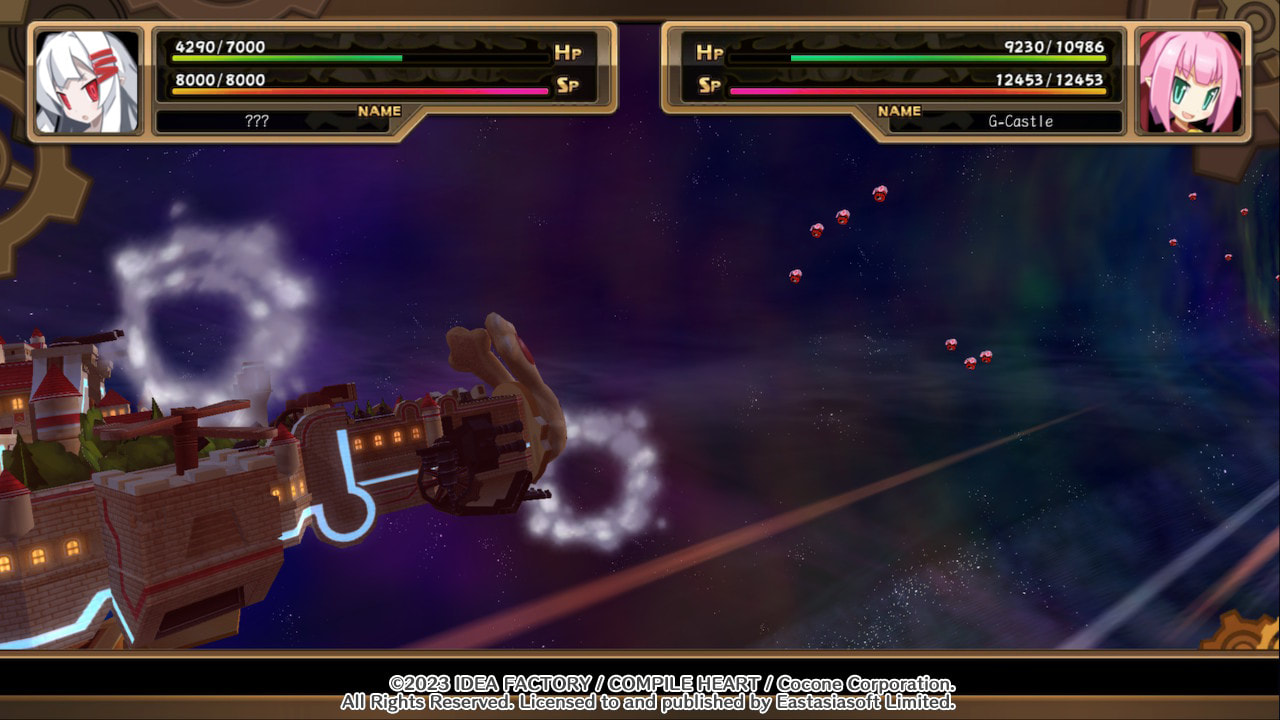
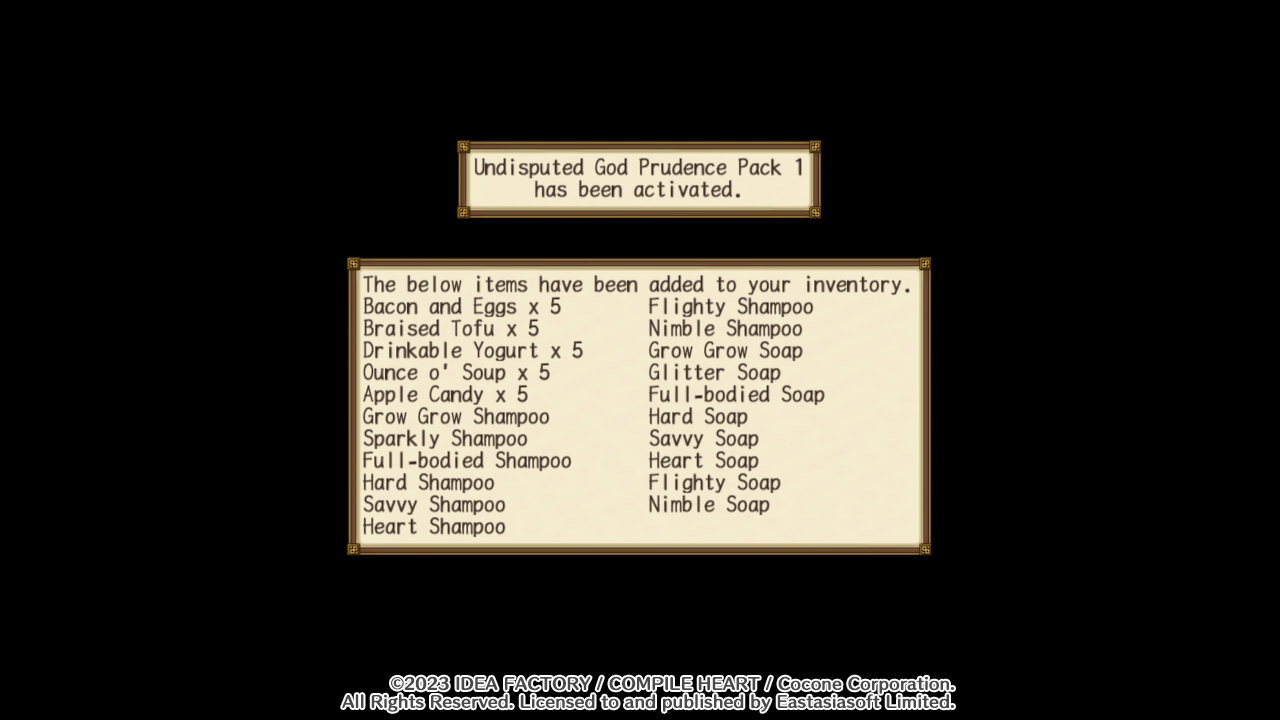
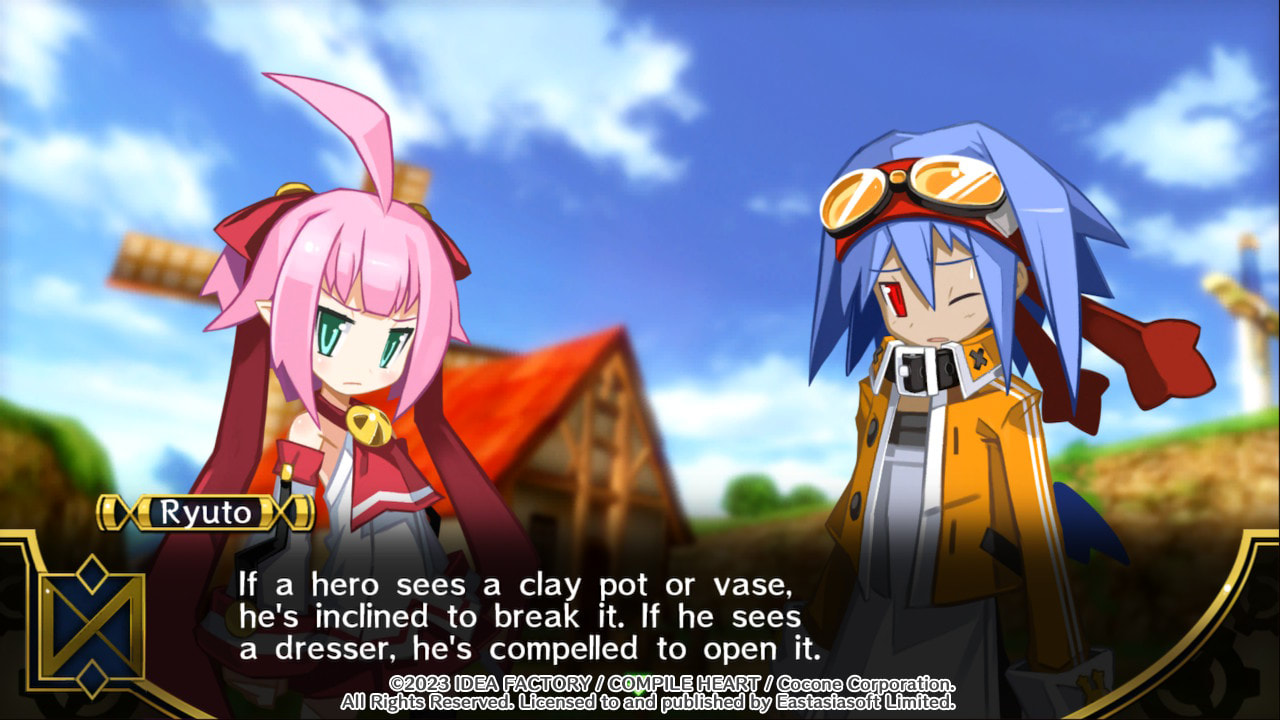
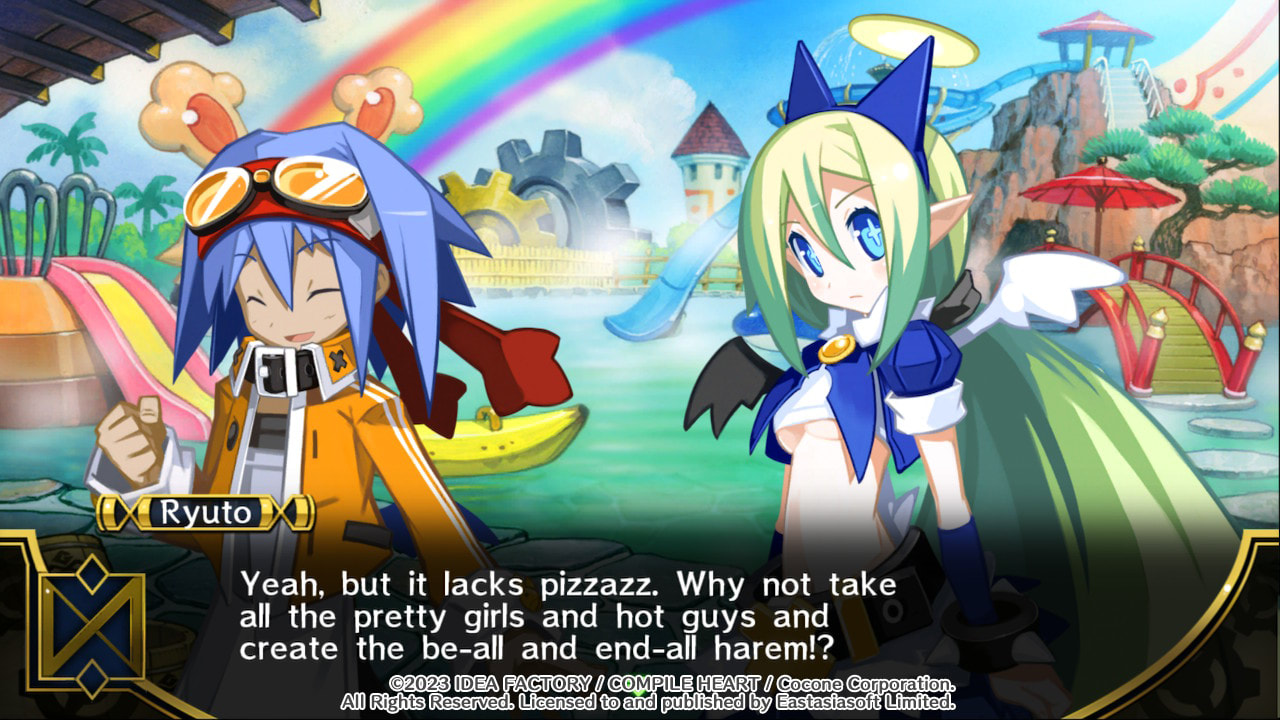
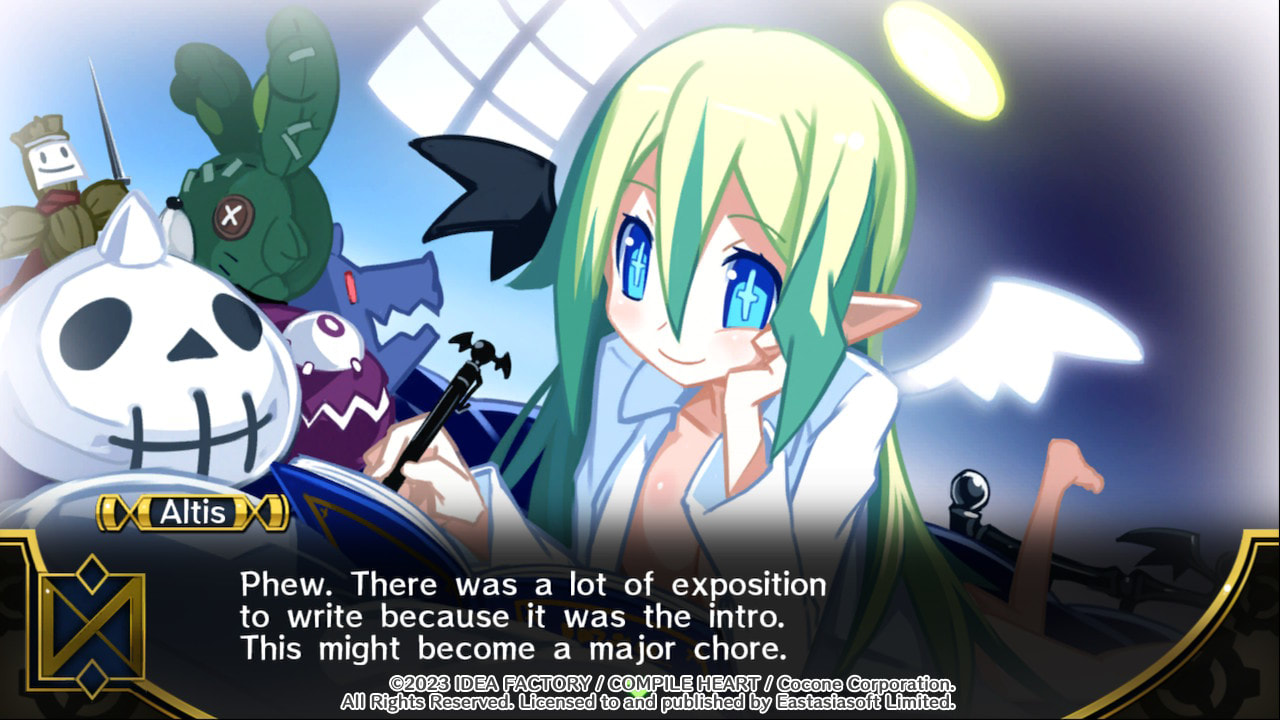
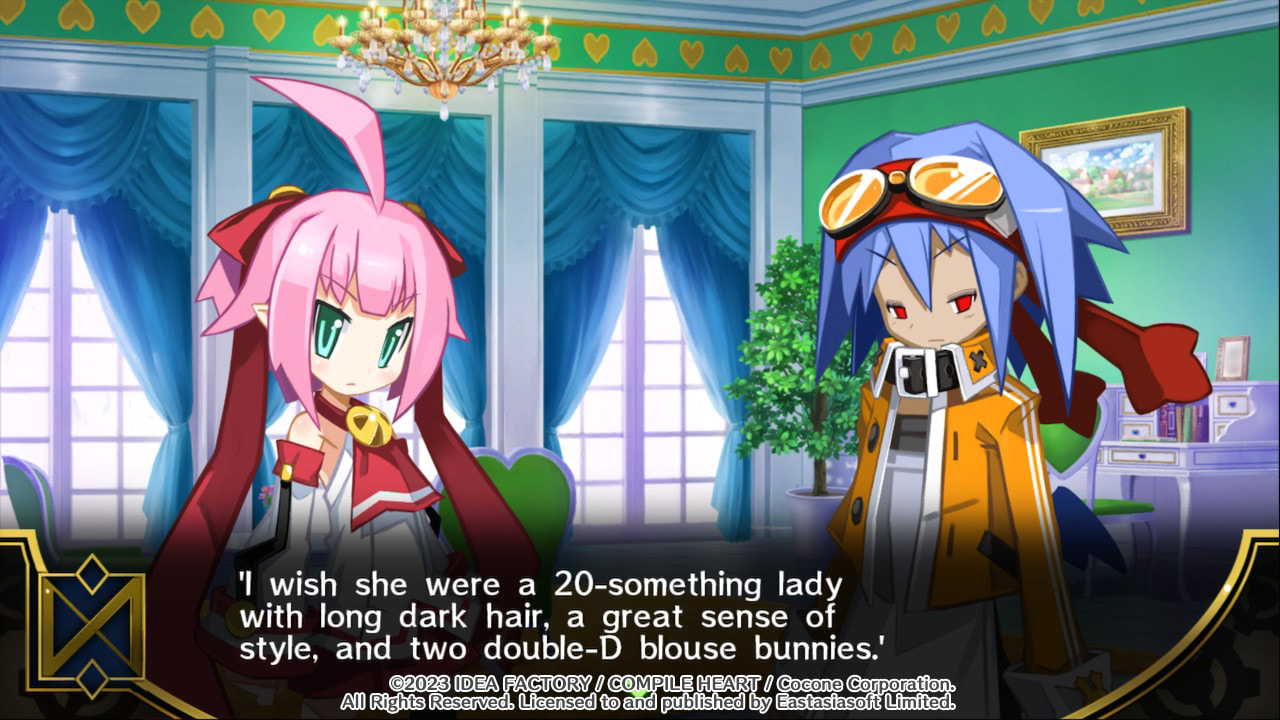

 RSS Feed
RSS Feed